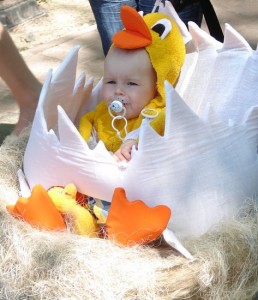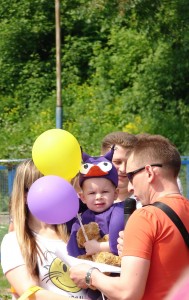Education and gender in Russia
I think the topic of gender equality is one of the key topics in the world, including in the educational sphere. And I hope it is achieved in most countries in the world. As for Russia, boys and girls have the same chances no matter which school you look at: kindergarten, primary, secondary or high.
Unfortunately, the government’s policy at some of these levels is not very well organized. There is a significant shortage in the number of kindergartens, so many young families have to fight the bureaucracy for their child’s right to attend kindergarten. And that’s not just true in big cities – the problem exists in regional centers, too. Or consider the question of whether to have a baby or not: There are cases where the immense mass of red tape makes parents start wondering if they can afford their children’s education through secondary school earlier than people start thinking about it in Western countries.
Demographics also come into play here. There may be more boys or girls at different steps of the educational ladder not through some cultural restrictions but only due to this factor. As for universities, there are departments where one can find practically no female students (and vice versa) – in these cases, the reason may be our society’s stereotypes. For instance, it is thought that teaching is for girls (with justifications like: they are to be mothers, it doesn’t require much physical effort, etc.). Therefore, there are only a few male students on the faculty of our foreign languages department.
On the other hand, vocational training programs are thought to be better suited to male students. The result can easily be noticed at the next level, which is our job market – there are more men in managing positions and more women in teaching or tutoring. I think of this as a drawback. Psychology differs between genders, and some aspects of the female nature would be welcome in the managing sphere, for example.
As I wrote in my first entry, Russia has private and state sectors in education. It is natural for parents to support their children and to pay for their university, but there are also families who cannot afford to pay the price of a university term. That’s a serious problem as it a places a sort of restriction on entering respected universities – although there is still a chance to win a scholarship. But the cleverer a student is, the faster he or she will find a job to get some financial independence as the money given by standard scholarships is not enough by far.





